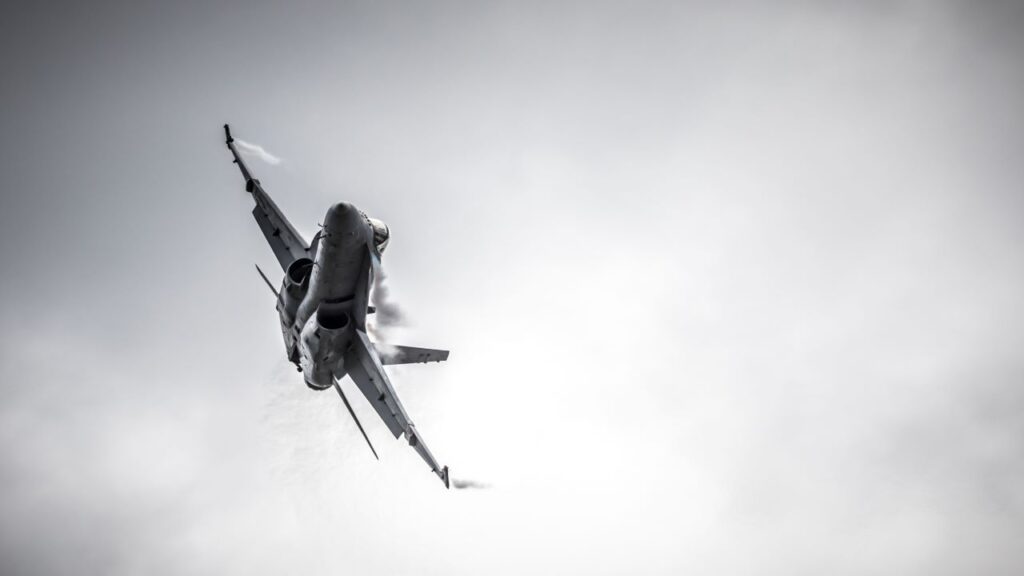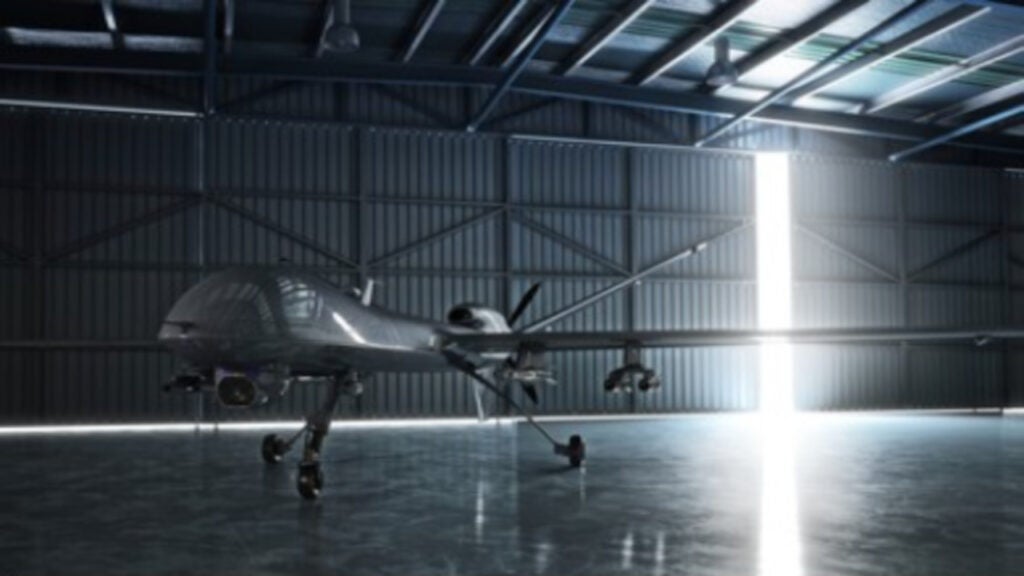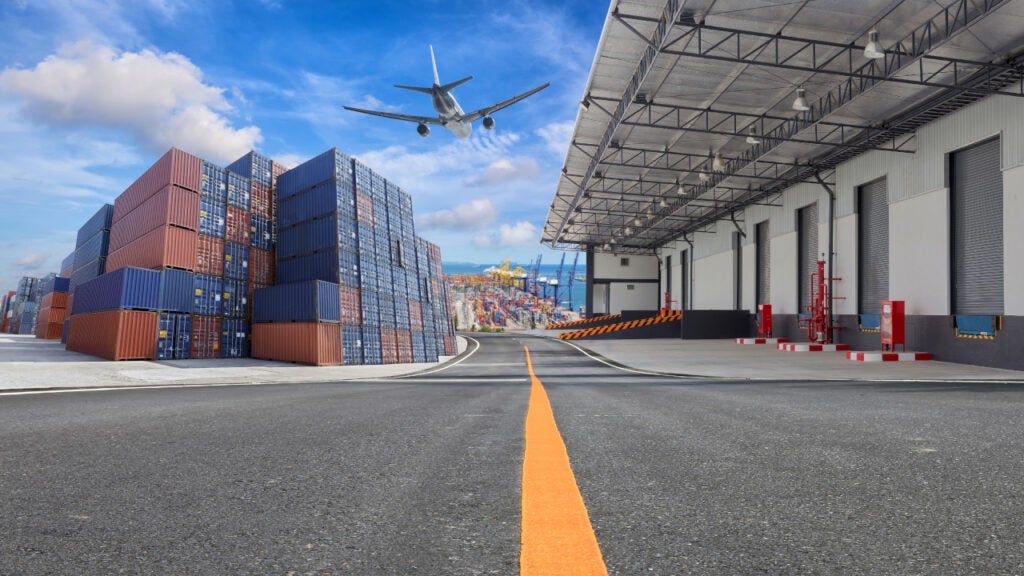The future of the defence industry will be shaped by a range of disruptive themes, with cybersecurity being one of the themes that will have a significant impact on defence companies.
The threat of cyber-attacks has never been greater, growing in line with increased connectivity between physical and digital systems. Lower barriers to entry for cyberthreat actors, more aggressive attack methods, a dearth of cybersecurity professionals, and patchwork governance mechanisms have aggravated the risk for all companies. Cybersecurity has become a key issue to consider for all sectors, however, the sensitive nature of defence data and consequential national security concerns elevate the importance of data security for defence manufacturers. Cybersecurity for militaries and states is an issue of national security because a successful attack could mean that threat actors gain the ability to control and use destructive weapons, or that critical national infrastructure is weakened.
Smaller or niche companies along the supply chain that are connected to the largest defence contractors are often targeted. This is because threat actors identify them as more accessible gateways to obtaining defence information. In response to the growing threat to cybersecurity, companies, nations, and militaries are increasingly adopting a collaborative approach. This involves sharing information with their allies on threats and reporting attempted breaches to collectively improve their cybersecurity posture. They are also adopting a zero-trust security model that eliminates the concept of trust from an organisation’s network architecture, allowing only authorised individuals to access selected applications. However, the industry still has major challenges to overcome, such as new AI hacking tools, increased vulnerabilities through increased connectivity, and labour and skill shortages.
However, not all companies are equal when it comes to their capabilities and investments in the key themes that matter most to their industry. Understanding how companies are positioned and ranked in the most important themes can be a key leading indicator of their future earnings potential and relative competitive position.
According to GlobalData’s thematic research report, Cybersecurity in Defense, leading adopters include: Thales, BAE Systems, Lockheed Martin, Northrop Grumman, General Dynamics, Booz Allen Hamilton, Leidos, Telos, Palantir Technologies, Airbus, and Sopra Steria.
Insights from top ranked companies
BAE Systems is the UK’s largest defence contractor and offers a range of products, services, and solutions. These include incidence response; secure operations centre design and delivery; cyber technical services, cyber security advice; GDPR services; security testing; national security and law enforcement solutions. BAE Systems’ traditional corporate culture will need to adapt to the rapidly changing defence industry, especially to dominate in themes like cybersecurity as it faces fierce competition from Microsoft and Alphabet. In August 2020, the USAF Research Laboratory contracted BAE Systems to continue to develop, deploy, modernise, and maintain cross-domain solutions that allow for the secure transfer of sensitive information between government networks. In February 2022, the Intelligence Advanced Research Projects Activity (IARPA) awarded BAE Systems a $14m contract to develop tools incorporating AI that can decipher the growing number of radio frequency signals, to secure mission-critical information.
Thales is a major technology company with sites in various countries, offering solutions to the defence and civilian markets. In January 2020, the company signed a collaboration agreement with GE Steam Power to provide a package of cybersecurity solutions (e.g., threat intelligence, combined cyber solutions, and training) to power plant operators, to protect them from cyber threats. In July 2020, Thales created its fifth Integrated Operations Center/Cybersecurity Operations Center (NOC/SOC) in the Netherlands, to provide 24×7 services in cybersecurity supervision, IT asset management, and critical necessity.
To further understand the key themes and technologies disrupting the defence industry, access GlobalData’s latest thematic research report on Cybersecurity in Defense.
- Saab
- Elbit Systems
- Rafael Advanced Defense Systems
- GE
- General Dynamics
- Safran
- Rheinmetall
- ManTech International
- Israel Aerospace
- Rolls-Royce
- ST Engineering
- Huntington Ingalls Industries
- SAIC
- CACI International
- ThyssenKrupp
- QinetiQ
- Mitsubishi
- Hanwha
- Perspecta
- Booz Allen Hamilton
- AECOM
- Meggitt
- KBR
- Kongsberg
- Oshkos
- Embraer
- LIG Nex1
- Vectrus
- Israel Military Industries
- CETC






